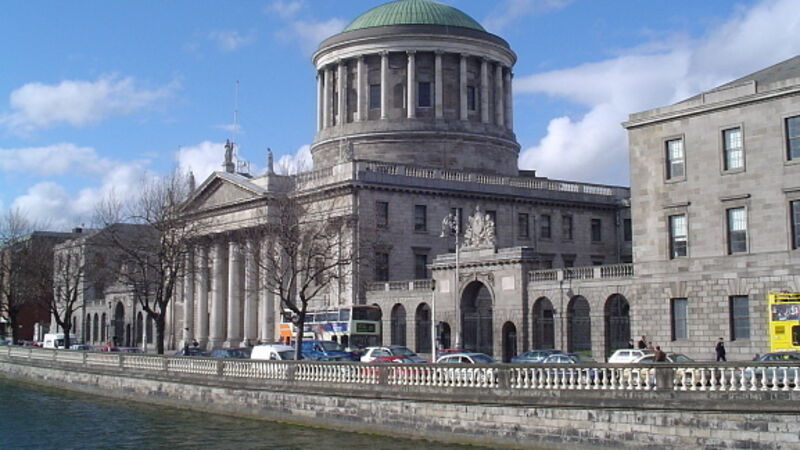Family fights medics’ view on resuscitation

Mr Justice Peter Kelly said he could not attempt to understand what the parents were going through but wanted to extended his sympathy concerning their plight as far as he could and would give them a full opportunity to consider medical evidence in the matter.
The parents disagree with doctors in relation to their son’s ability to communicate, the court heard.










